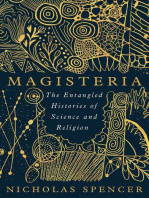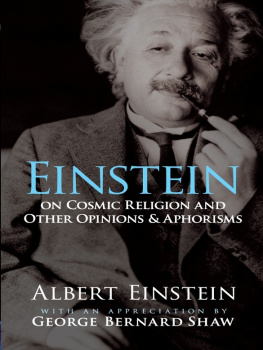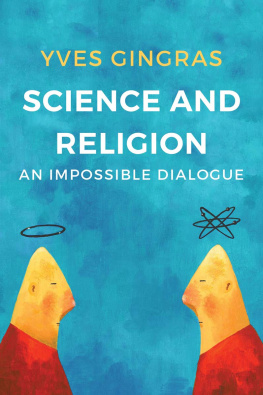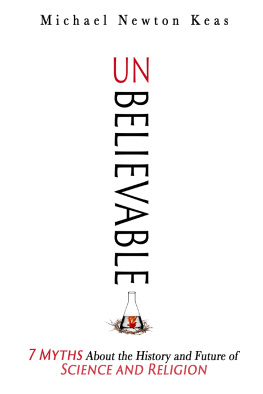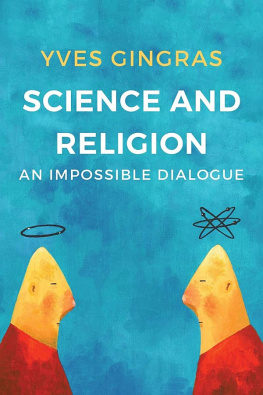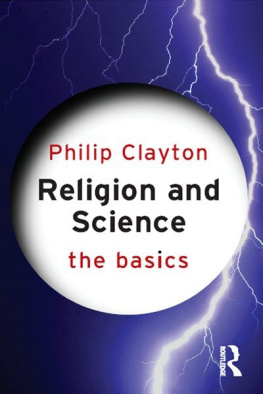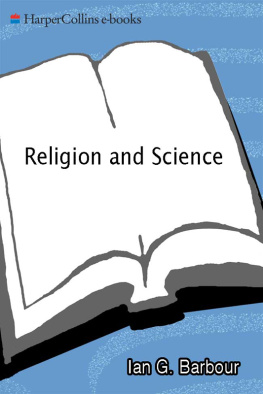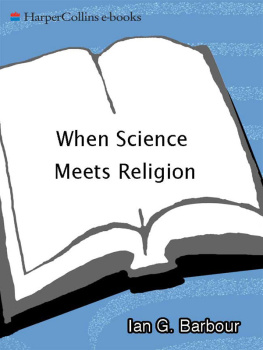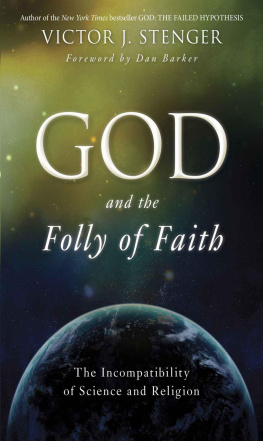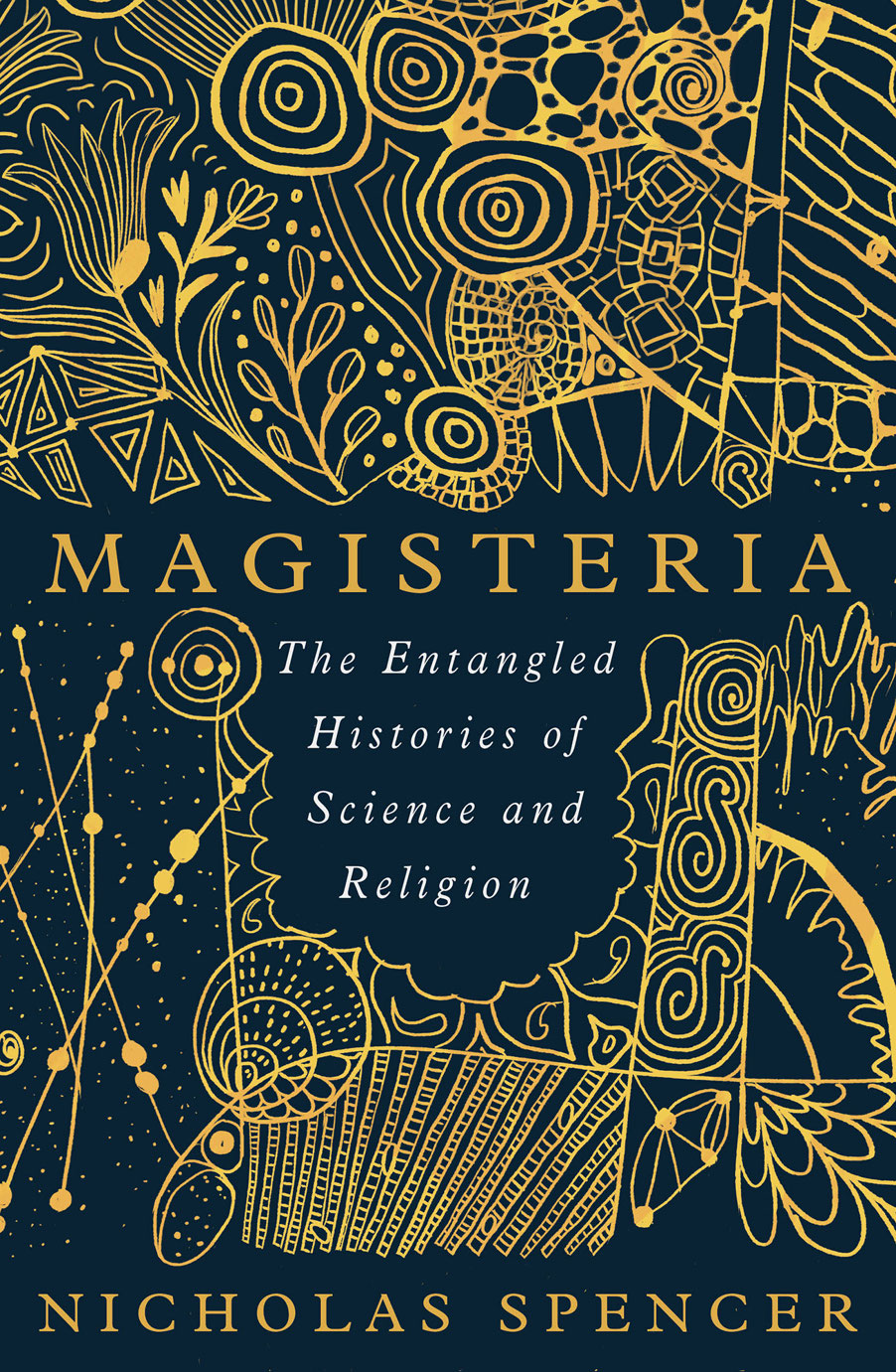
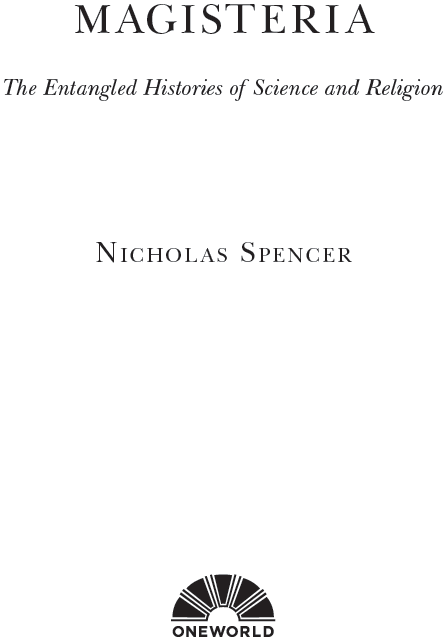
The book is dedicated to John Hedley Brooke,
a model of scholarship, erudition, generosity and friendship.
It is dangerous to show man too clearly how much he resembles the beast, without at the same time showing him his greatness. It is also dangerous to show him too clear a vision of his greatness without his baseness. It is even more dangerous to leave him in ignorance of both.
Pascal, Penses
Contents
Introduction
The Natures of the Beast
The story of a story
Three tense exchanges. Three quick-witted responses.
Rome, 22 June 1633. A 69-year-old man is forced to kneel before an assembly of religious judges. He looks frail and broken by months of interrogation. He holds a lit candle in one hand and in the other a pre-prepared text. The statement denies his lifes work and compels him to abjure, curse and detest a scientific theory that he has spent thirty years promoting and that he knows to be true. Failure to comply will result in his torture. Reluctantly, he reads the statement in full and then, as he struggles to his feet and leaves the room, mutters under his breath eppur si muove. Still it moves.
Oxford, 30 June 1860. Nearly eight hundred people are crammed into a cavernous but stuffy library. Having sat through a tedious lecture, they are fractious, anticipating a lively exchange between two eminent Victorians concerning the scientific theory of the moment. They are not disappointed. After his introductory remarks, one of them, a prince of the established church, makes a jibe about whether his opponent would prefer ape ancestry on his grandmothers or grandfathers side. The other, a pugnacious scientist not cowed by episcopal condescension, whispers to a friend The Lord hath delivered him into mine hands, before replying that he would rather be descended from an ape than a bishop. The crowd is outraged, or elated. Either way, there is uproar. One woman faints.
Dayton, Tennessee, 20 July 1925. Three thousand people stand in front of a courtroom. The nation is listening on the radio, and millions will read about the proceedings in the following days newspapers. They are watching two men play intellectual cat and mouse on a temporary stage erected on the court lawn. One, a 65-year-old politician, perhaps the most famous in the country, is answering questions about the Bible. Or rather, he is trying to. The other, three years older, and the countrys most famous lawyer, is inching closer to his prey. Do you believe the story of Noahs flood to be literally true? Yes, sir. When was that flood? I would not attempt to fix a date. About 4004 bc? That is the accepted estimate. Dont you know? I never made a calculation. What do you think? I do not think about things I do not think about. And then the killer line. Do you think about things you do think about? The courtyard, and the nation, erupt into laughter, and the politician on the stand withers in the heat and humiliation.
The abjuration of Galileo, the HuxleyWilberforce debate and the Scopes monkey trial have long since passed from history into myth, and stand as iconic encounters in the endless war of religion against science. At first, religion wins, but only by compelling the greatest scientist of the age to deny the truth that the earth moves around the sun; hence Galileos parting aside. Almost 250 years later, religion, no longer able to resort to the threat of torture, turns to mockery but meets its match in the form of biologist Thomas Huxley, who ably defends Darwins new theory of evolution against the ignorant, browbeating Bishop Samuel Wilberforce. Finally, in the American South, religion, now firmly on the defensive, is publicly humiliated before a huge audience and retreats bruised and bloodied but vowing vengeance. From such material has a popular history of hostility and conflict, of comprehensive victory and humiliating defeat, been spun.
Unfortunately, as is frustratingly often the case with history, the truth is rather more complex and convoluted than the myths. Neither the specific encounters nor the master narrative hung from them turns out to be the morality play that has passed into the popular imagination. As we shall see when we return to these heated encounters in Parts 2, 3 and 4 of this book, the reasons for, events leading to, exchanges within and meanings of each of these affairs have little in common with their mythological interpretations.
Galileo never said eppur si muove. Huxley didnt (quite) tell Wilberforce hed rather be descended from an ape than a bishop. And although Darrow did ask Bryan whether he thought about things he thought about, the Scopes trial was about a good deal more than evolution. In short, there are stories behind and within the story of each of these famed battles. The single, coherent narrative we have been sold fragments, on closer inspection, into a mess of variously connected tales. There is no such thing as a still less the history of science and religion.
Developing and destroying a myth
The reason we have a single history is, generally, because of the intellectual climate at the end of the nineteenth century and, specifically, because of the man to whose lecture Wilberforce and Huxley were, in theory, responding.
John William Draper was an eminent American chemist who also fancied himself as an intellectual historian. Son of a Methodist convert, he left Britain aged twenty, though he took his fathers views of Rome with him. Having achieved scientific eminence, he turned to writing. His 1874 book History of the Conflict Between Religion and Science compressed the story of two allegedly clearly defined and self-evident entities into a simple narrative of relentless argument. In actual fact, Draper focused his aim on the Catholic Church he more or less excused Protestantism, Eastern Orthodoxy and Islam from his critique in a way that resonated powerfully with his largely Protestant audience, many of whom were worried about the Vaticans authoritarianism. Drapers History, combined with another large polemic written by Andrew Dickson White twenty years later, and the boundless energies of the publisher Edward Youmans, took the gospel of science and religious warfare to an unprecedentedly wide audience, and embedded the narrative in an anxious Protestant mind.
The academic study of the history of science was still in its infancy at the time and it wasnt until a generation or so later that scholars began to pick away at Draper and Whites conflict narrative. An important monograph, written by a young sociologist, Robert Merton, in 1938, argued that Puritanism had made a decisively important contribution to the birth of modern science, but the narrative only began to unravel fully half a century later. From the late 1980s, a growing band of historians (and sociologists) began to undermine the idea that there is a single controlling metaphor for the long history of science and religion, let alone one of relentless warfare. Reality turned out to be much more entangled and much more interesting.
Some of this was down to the ordinary everyday process, and progress, of historical research. Some of it was a question of historians emerging from the shadows of what was once deemed obvious. But some was also down to entirely new discoveries, a few genuinely ground-breaking. In 2018, Salvatore Ricciano, a postgraduate student from the University of Bergamo, was searching through the Royal Society archives when he stumbled across the original of a crucial but apparently lost letter that Galileo had written, but had then retracted and doctored, during his first clash with the papacy in 161516.
Next page
